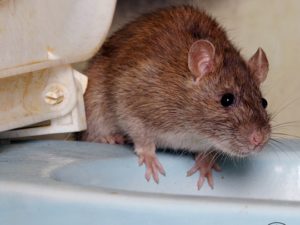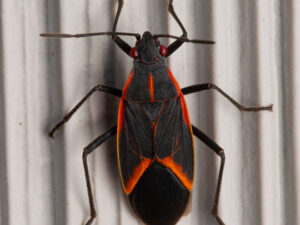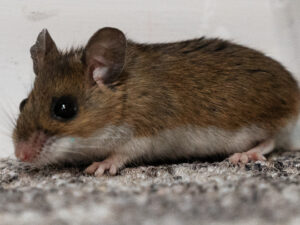
When homeowners discover a pest infestation on their property, some may attempt to eliminate the infestation themselves with do-it-yourself techniques and retail pest control products, while others don’t waste a second outsourcing the job to a professional. When it comes to controlling pests that are more than just an indoor nuisance like those that inflict property damage or pose a medical threat, contacting a pest control professional is the smartest option. Of course, homeowners also have the option of living within infested conditions voluntarily, but who would do that? As it happens, some residents decide to coexist with pests under the same roof, especially those who cannot afford professional pest control services, and others who give up on control efforts after repeatedly failing to eliminate extensive infestations. Bed bugs fit both of these categories, as eliminating the bloodsucking pests from infested structures is labor intensive and often requires several treatment efforts.
Bed bugs are well known for establishing near inextirpable infestations within homes and buildings, and according to a recent survey conducted by the National Pest Management Association, pest control professionals throughout the country largely agree that bed bugs are the most difficult urban insect pests to control. When bed bugs are not spending 5 to 10 minutes sucking blood from sleeping humans, they maintain a furtive presence within inaccessible spaces like wall voids where they often avoid deadly pest control treatments. Luckily, pest control professionals can now control bed bugs effectively, but DYI bed bug control methods are worthless, and several companies that produce consumer-grade bed bug control products have been sued by the Federal Trade Commission for deceptive advertising claims.
Those who rely solely on consumer-grade bed bug control products to address infestations will go mad as the pests only continue to multiply. In fact, the stress of living in bed bug-infested conditions is known to trigger lasting mental health issues, such as anxiety, depression, sleeplessness, paranoia, and post traumatic stress disorder. One medical case study even mentions how bed bug issues contributed to a woman’s suicide. Although it may be hard to believe, there exists a very small number of individuals who consider sharing homes with insect pests to be a joy. Examples include a college student who lives with around 200,000 cockroach specimens of varying species, as well as individuals who either fail to notice bed bugs in their home or do not mind their presence due to being among the 30 percent of people who do not experience a reaction to bed bug bites. It should also be mentioned that homeowners may cohabitate with pests unknowingly, and this is often the case when it comes to stealthy domestic pests that establish extensive indoor populations without drawing the attention of human inhabitants. These pests include German cockroaches, wood-destroying pests, bed bugs, and house mice.
Have you ever allowed insects to inhabit your home?













